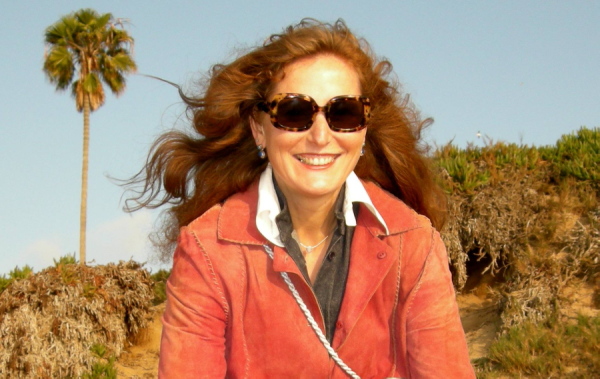"A Hylomorphic Analysis of Concrete Particular Objects"
Kathrin Koslicki, Professor of Philosophy and Tier 1 Canada Research Chair in Epistemology and Metaphysics at the University of Alberta, will be giving a talk Friday April 17 at 4pm in SC 228.
https://www.ualberta.ca/~koslicki/

Date:
-
Location:
Student Center 228
Event Series:

